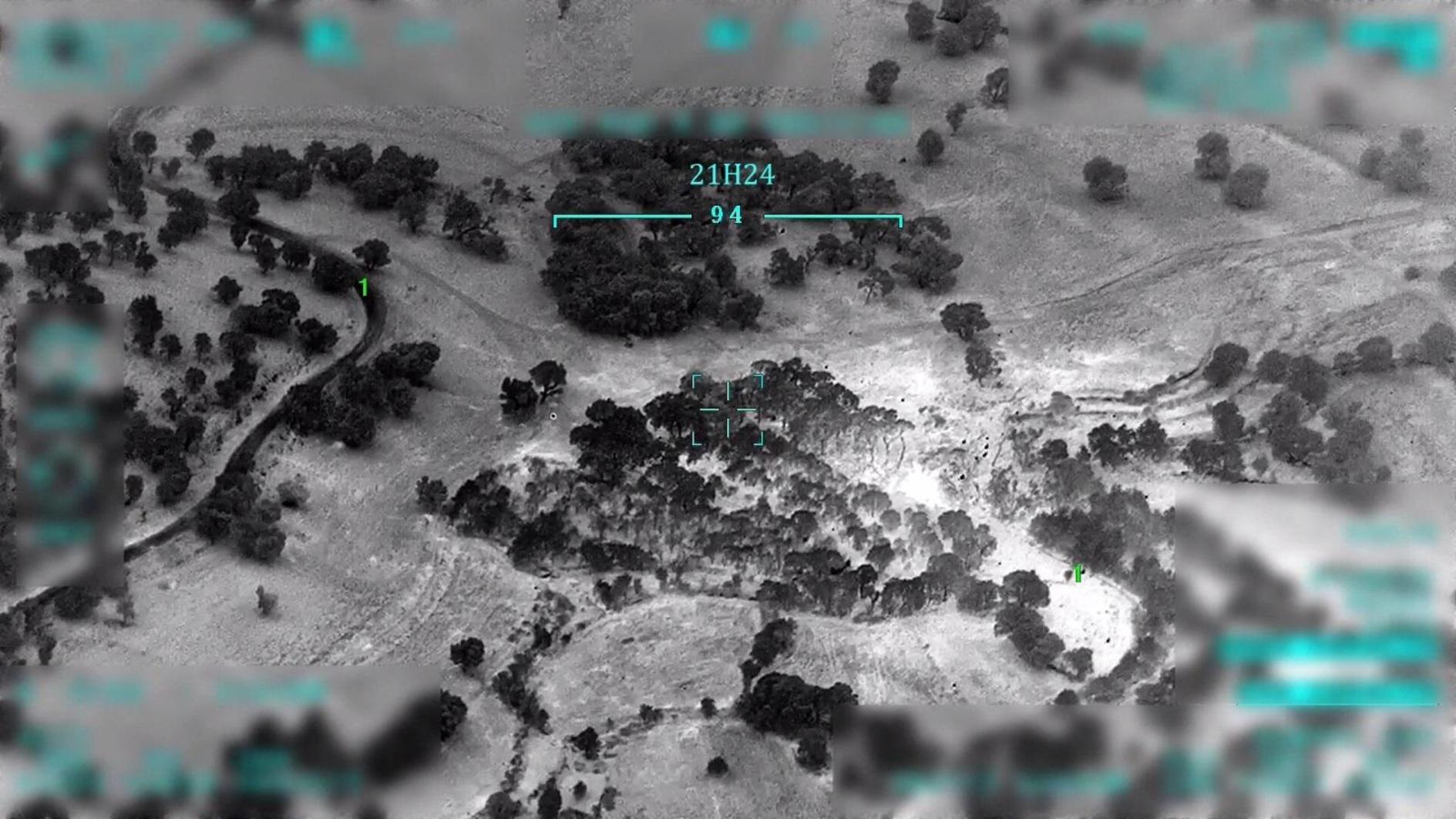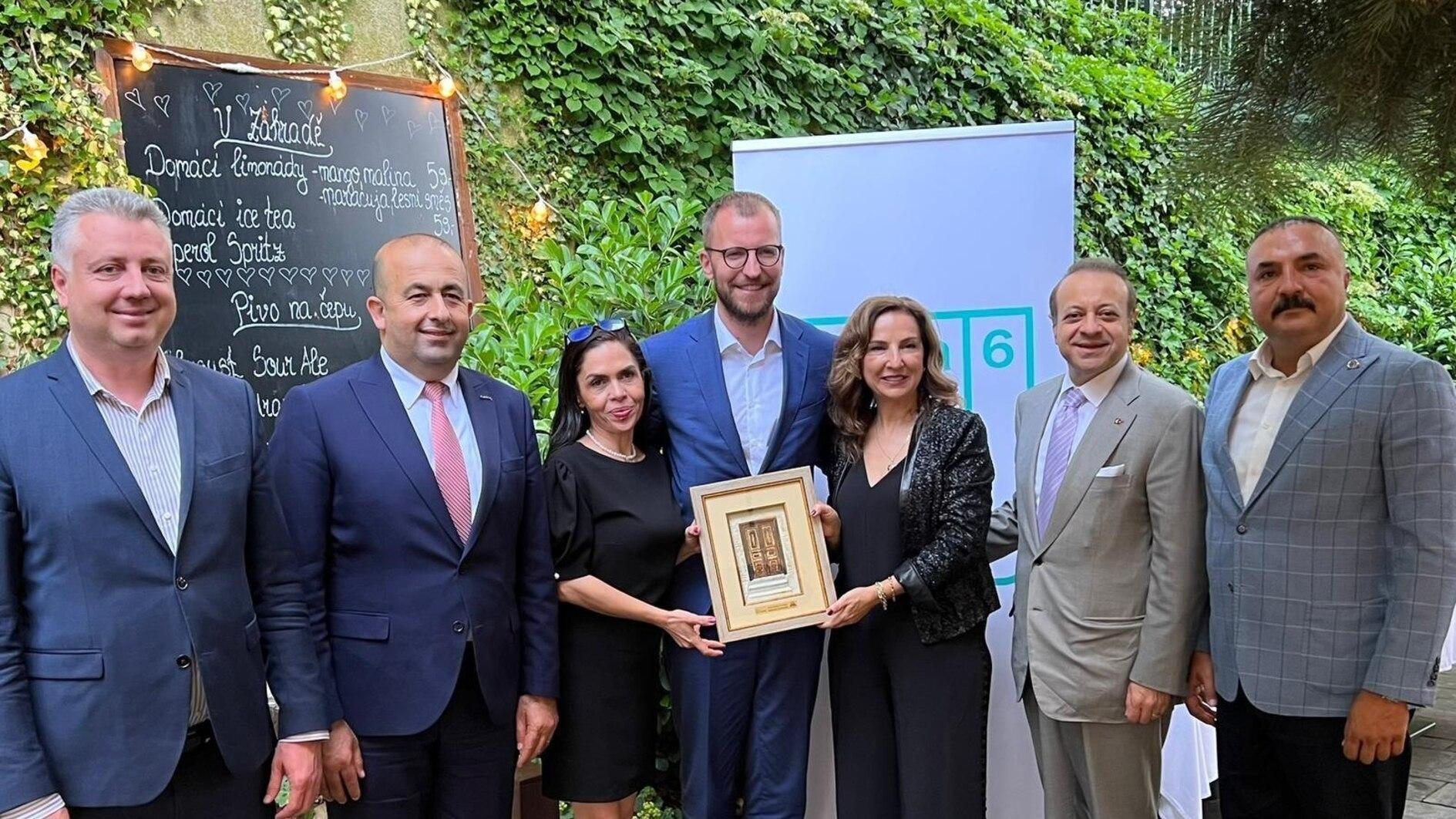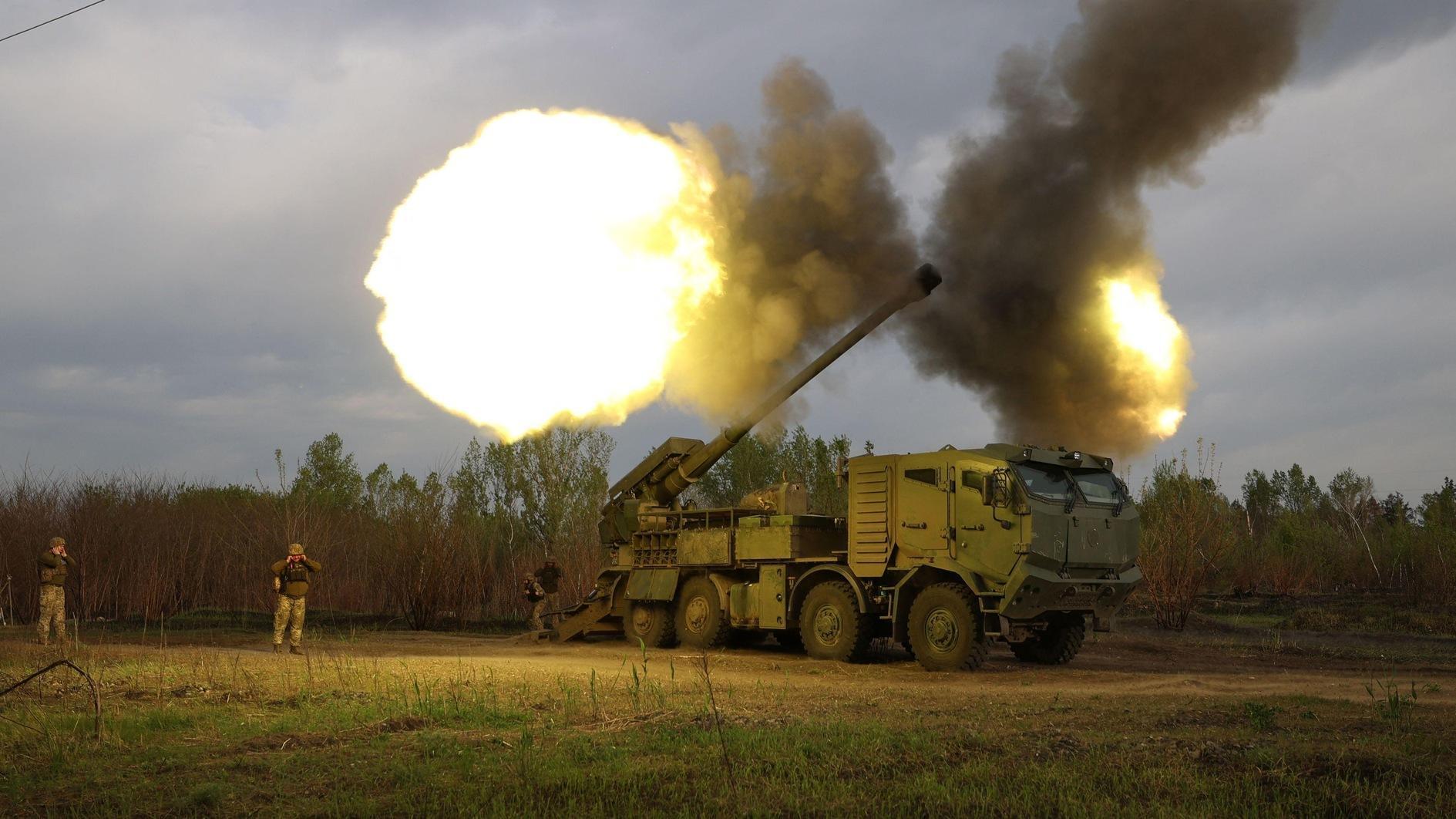Dr. Strangelove
When I read the news that quoted Foreign Minister Ahmet Davutoğlu as promising “to bring peace and stability to the Caucasus,” I shivered with a bizarre blend of horror and pity for our Caucasian neighbors. I am not sure if the Caucasus would like its foreign relations be “catalyzed” by Professor Davutoğlu.
That was the wording when the Woodrow Wilson Center decorated the minister with its Public Service award in 2010: “Davutoğlu has catalyzed the development of Turkey’s foreign relations, by elevating its position in international discussions.” For some reason, the directors at the Wilson Woodrow Center reminded me of Dick Rowe, the Decca Records genius who in 1962 rejected The Beatles with his later famous line: “The Beatles have no future in show business.”
Two years later, the “Leader of the 21st Century” award came from a grouping of Bosnian, Serbian and Croatian intellectuals. Three years after the Woodrow Wilson Center acknowledged Mr. Davutoğlu’s “catalyzation effect,” and one year after his Balkan fan club declared him the “Leader of the 21st Century,” his country is the only one in the whole world that does not have an ambassador in all of Syria, Egypt and Israel, (plus Armenia and Cyprus).
Shortly after Egypt expelled the Turkish ambassador to Cairo, Minister Davutoğlu told Al-Jazeera that “We have deep love for Egypt.” An unrequited love, apparently. But in Mr. Davutoğlu’s (and his boss’s) mental calculus, Turkey loves the Syrian people but not the Syrian regime. It loves the Egyptian people but not the Egyptian government, because neither regime has been democratically elected. Which explains why Turkey has very good relations with Saudi Arabia and perfect relations with Sudan and Qatar, all oases of democracy.
Israel, of course, goes out of context in this logic. “We don’t have a problem with the people of Israel (not that we deeply love them, in this case) but the problem is their government.” Is Israel being run by a coup government? Who are “the people of Israel” if not those who, in majority, have voted for their government?
Sometime it is so puzzling for us journalists to decipher the mental codes of foreign policymakers, especially when they “catalyze the development of their country’s foreign policy.” After the Oct. 31 Israeli aerial attack aimed at destroying the Russian-made SA-125 missiles heading to the Lebanese Hezbollah, some reports claimed Turkish cooperation for the operation which Mr. Davutoğlu said was “black propaganda.” And he explained why this could not be true: “The Turkish government has never cooperated with Israel against any Muslim country, and it never will.” Now, things look simple, but may not be so.
The minister was proudly saying that Turkey would never cooperate with the Jewish state against any Muslim country. Is that the Turkish policy red line? That Turkey would not cooperate with the Jewish state against a Muslim country? Does Mr. Davutoğlu’s policy whitepaper say Jewish only? Especially since his government willingly cooperated with a coalition of Christian countries against Muslim Iraq; and, more aggressively, it is cooperating with a reluctant group of Christian nations against Muslim Syria.
Is Turkey not overtly cooperating with non-Muslim nations against Muslim Iranian interests over Muslim Syria? All the same, it is nice to know that Mr. Davutoglu’s principle about not cooperating against a Muslim country is limited to cooperation with Israel only – because it is Jewish. Christian states are always welcome. Now go tell this at public rallies, minister.
One can always enjoy his own quarter-baked, Kodak moments of triumph and joy, especially with fancy award ceremonies and loud applause at enthusiastic party meetings. Until, of course, one hits the invisible walls of reality.
One simple piece of advice to Minister Davutoğlu: Those who admit they may not have fully understood the Middle East may know a thing or two about the Middle East; while those who claim they know the Middle East perfectly often know nothing about the Middle East.










